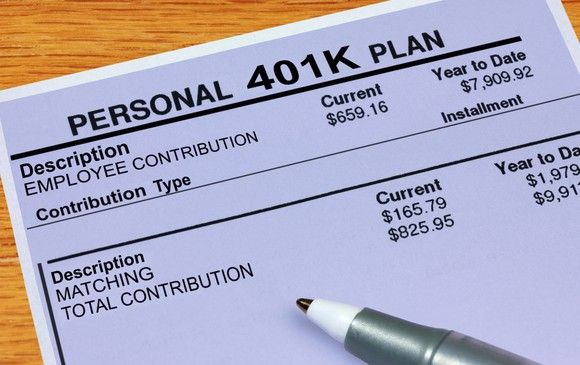IRAs And 401(k)s Eliminate Withdrawal Penalties Amid Pandemic
Americans may now pull money out of their individual retirement account (IRA) or 401(k) without penalty under some instances through measures set forth by the CARES Act, according to the Internal Revenue Service.
The act waives account fees that were traditionally imposed on early withdrawals before the age of 59 1/2 because of economic hardships related to the coronavirus pandemic.
Both IRA and 401(k) accounts allow for skipped minimum distributions in 2020. Traditionally, there was a penalty of 50% of the amount to be withdrawn for missing a distribution after the age of 72. By delaying a distribution in 2020, it will now allow for a tax deferment.
Those withdrawing funds from their IRA or 401(k) before the age of 59 1/2 previously paid a 10% penalty. This penalty has been waived for withdrawals up to $100,000 before Dec. 31 for a variety of reasons.
If a retirement account holder tests positive for the coronavirus, they will not be charged with a penalty nor if their spouse or dependent has COVID-19. Additional withdrawals can be made if the impact of the coronavirus pandemic is causing financial hardship, such as being laid off, quarantined, furloughed, or not being able to work because childcare is unavailable.
Despite the ability to withdraw from an IRA account without penalty in 2020, account holders will need to pay taxes for the amount withdrawn. This could result in a larger tax bill come April, but under the CARES Act, someone would be able to pay the tax bill over three years instead of all at once.
If an individual is considering taking a withdrawal from their IRA or 401(k), they do have the option to pay the money back within three years, which could result in a refund on taxes with an amended return.

© Copyright IBTimes 2025. All rights reserved.





















